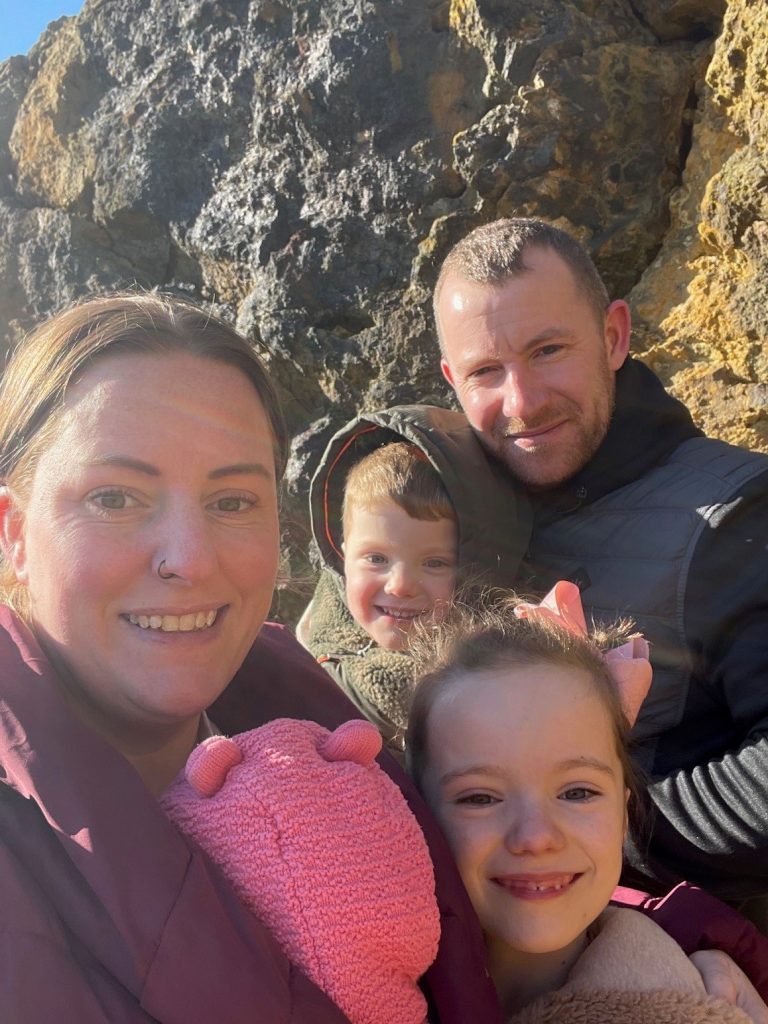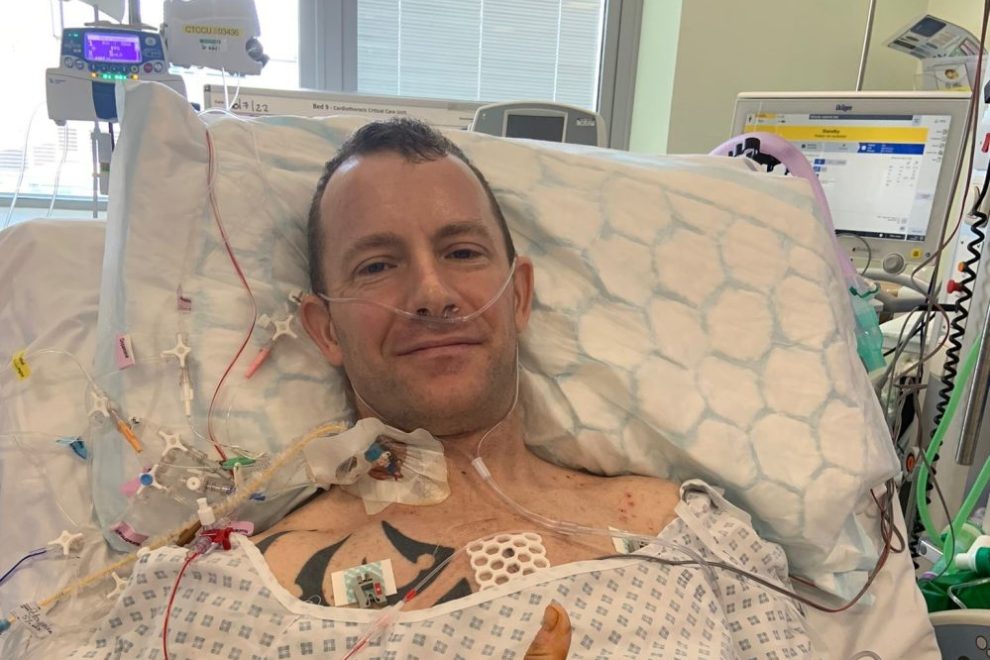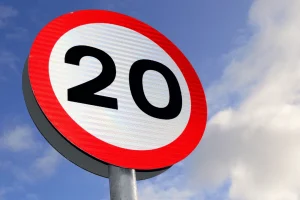A NEW campaign has been launched to reverse a worrying increase in the number of families in Wales withholding their support for organ donation after the loss of a loved one.
From a situation where the family consent rate for organ donation was 10% higher in Wales than the UK average just five years ago, it is now 5% lower, meaning vital opportunities for transplants are missed each year because families aren’t sure whether or not to donate their loved ones’ organs.
In 2015, Wales was proud to be the first UK nation to bring in a system called ‘presumed consent’. This means, unless they have ‘opted out’ on the NHS Organ Donor Register (ODR), people in Wales will be considered to agree to becoming a donor when they die. However, many specialist nurses working with families of potential donors believe that since the introduction of presumed consent, fewer people are having conversations because they assume they are automatically going to be a donor if the situation arises.
Families are always consulted in the donation process, so it’s vital they know what their loved one wants to do when they die.
Bethan Moss, a specialist organ donation nurse working in Wales, explained: “The ‘Best thing you’ll do today’ campaign aims to increase registrations on the NHS Organ Donor Register and encourage people to discuss their decision with loved ones.
“This ensures their family can have peace of mind knowing that their decision is being honoured and will reverse the trend of more families in Wales withholding consent at what is already a difficult and emotional time.”
The creation of the NHS Organ Donor Register in 1994 has been a positive move, with more than 100,000 people in the UK having their lives saved by an organ transplant, including over 10,000 in Wales. Now in its 30th year, the register has seen over 1.3 million people in Wales declare their willingness to donate their organs after they die.
However, family members remain a key part of the final decision-making process and research indicates that, while many are aware of the opt-out system in Wales, they often do not fully understand what it means in practice.
Family support for deceased organ donation has fallen in Wales from 77% in 2018/19, a couple of years after the new law was brought in, to an all-time low of 56% in 2023/24. This compares to 60%, 61% and 66% in England, Scotland and Northern Ireland respectively.
Joanna Chalker, who has worked as a nurse for NHS Blood and Transplant in Wales for more than 16 years, added: “Family support is declining right across the UK but the fall we have seen in Wales has certainly been the most dramatic.
“Encouraging people to sign the register and speak to their families about their decision is such an important thing as we know family consent rates rise to 90% when either of these things happen, which means many more people on the waiting list being able to receive a transplant.”

Dad of five, Gareth Jones (43), from Felinheli in North Wales had his life turned upside down when he was taken ill very suddenly in 2022. After he collapsed and was taken to hospital, urgent scans revealed that his heart was only working at 10% of capacity, was massively enlarged and crushing his lungs.
After receiving a transplant at Wythenshawe hospital, Gareth recovered well and was walking again after a few days, then allowed home just four weeks later.
Thinking back, Gareth’s wife Toni said: “It was such a worrying time; I had the children back at home in Wales and when Gareth became ill our youngest daughter was just six months old. We feel so lucky Gareth was given his gift so quickly and now want to spend as much special time as a family as we can.
“Organ donation was something we had not talked much about before Gareth became ill; I had joined the Organ Donor Register but not given it much thought. Now the whole family have joined the register and share how important it is. It is the greatest gift; we are so grateful to the family of the young man who agreed to organ donation and gave Gareth his heart.”
Every day, someone in the UK dies waiting for an organ transplant. Right now, almost 8,000 people, including over 200 children, are waiting for a life-saving transplant and yet a single deceased organ donor could potentially save or improve up to nine lives.
To find out more about organ donation and how to sign the register, visit www.organdonation.nhs.uk/register-your-decision/















